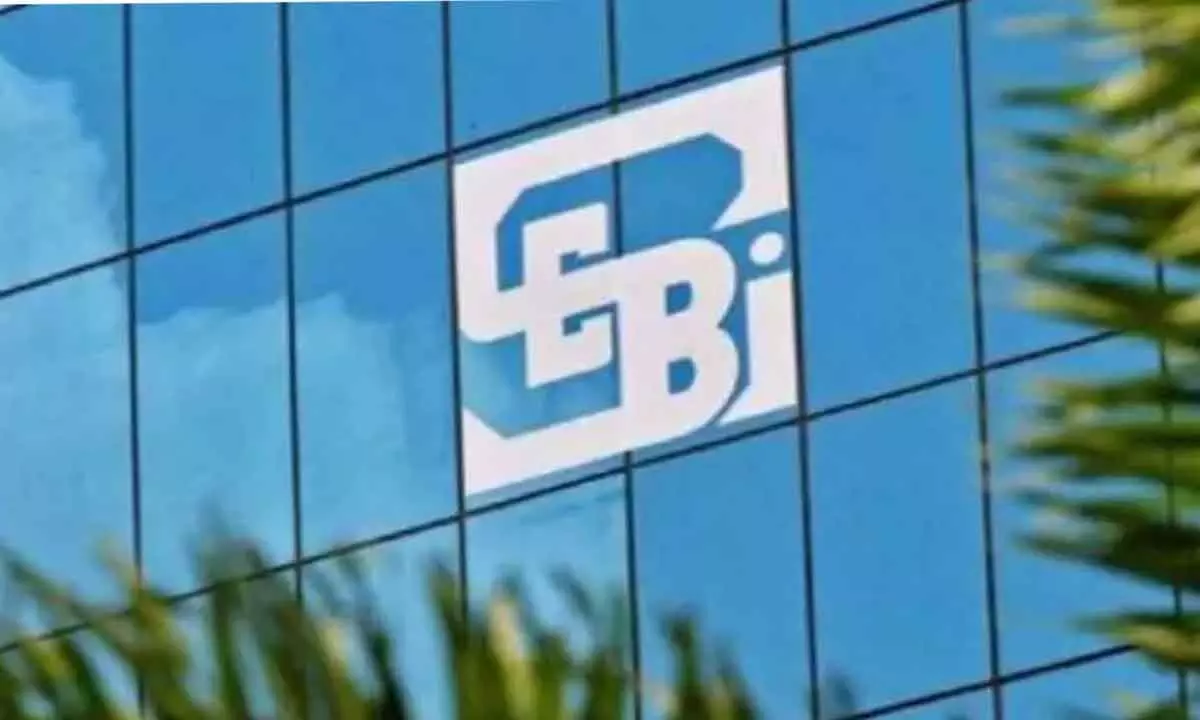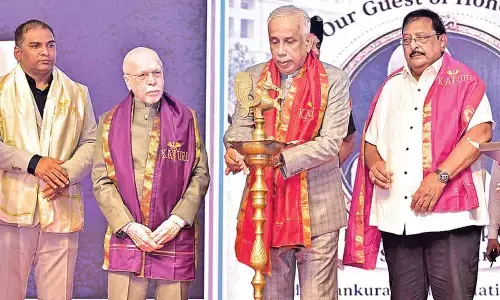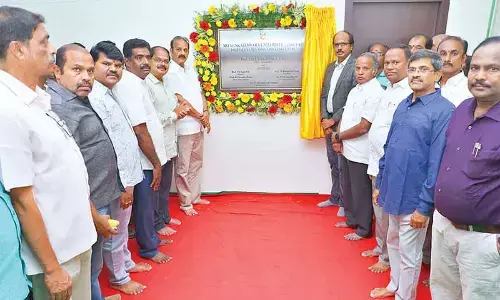SEBI's new reforms to boost MF investor experience

Sebi
Market Infrastructure Institution administers reconciliation and arbitration mechanism to investors of the registered intermediaries and regulated entities
As per the data from Association of Mutual Funds in India, the Assets Under Management (AUM) has witnessed a growth of five folds from Rs 8.14 trillion to Rs 39.46 trillion in 10 years, by end of February 2023. It also mentions that AUM has grown to Rs 39.46 trillion from Rs 22.20 trillion, about two-fold increase in just five years.
The regulator, Securities Exchange Board of India (SEBI), has been actively involved in not just facilitating this growth but also in ensuring that the safety of the investors is taken care of. As the last financial year was ending, has taken up some important reforms that bolster the investor experience and safeguarding their interests.
The penetration of technology and the online utilization of the services by both the investors and intermediaries, the regulator has recognized the role of technology in assisting dispute resolution framework. The regulator in a bid to strengthen the investor grievance redressal has included to utilise the Online Dispute Resolution (ODR) mechanism across the registered intermediaries and regulated entities. Currently, Market Infrastructure Institutions (MIIs) are restricted to stock and commodities exchanges and depositories.
The MII administers reconciliation and arbitration mechanism which now stands extended to investors of the registered intermediaries and/or regulated entities. It also allowed conducting proceedings in a hybrid mode along with streamlining the dispute resolution process and adoption of their measures to strengthen enforcement of the awards.
The advent of impact investing has been on the rise particularly since the pandemic and the aftermath. There have been investing options across the world propounding this philosophy through employing Environment, Social and Governance (ESG) parameters. Using these criteria, the fund manager takes investment decisions based on the performance of a company/stock on these conditions. Currently, fund houses are allowed to launch or operate only one fund under this category which requires investing 65 per cent of their assets (AUM) in listed entities with assurance on business responsibility and sustainability.
The reform includes amendment to SEBI Llisting Obligations and Disclosure Requirement), 2015 and SEBI (Mutual Funds) Regulations, 1996 to facilitate the fund houses to launch multiple funds as SEBI allowed to create a scheme category focused on ESG theme. On ESG disclosures, the regulator has mandated the introduction of BRSR (Business Responsibility and Sustainability Report) critical to improve the reliability of ESG disclosures.
Going by the market experience in the past few years and the liquidity driven crisis of the past, the regulator has established a Corporate Debt Market Development Fund (CDMDF). This could act as a buffer facility for the purchase of investment-grade corporate debt instruments during times of stress. Each fund house contributes to this fund and at times of stress, could dip into this fund for selling of their portfolio securities depending upon the contribution made to this fund. The CDMDF will be in the structure of an Alternative Investment Fund (AIF) and will raise funds based on a guarantee to be provided by the National Credit Guarantee Trust Company (NCGTC).
Another key decision was made in the rules for the formation of asset management companies. Now, the regulator allows self-sponsored AMCs and PE players to start and operate a MF. Following the release of a consultation paper in January '23, stated that PE or its manager with at least five years of experience as a fund or investment manager and experience of investing in the financial sector are allowed to set up and own a MF. Through the amendment, the regulator also provides for the original sponsor the flexibility to voluntarily dissociate itself with the MF without requiring a new and eligible sponsor. This could encourage further players and increased competition in the market benefiting the investors.
Another noteworthy development is in the operational flexibility for the funds operating in the international exposure are provided with additional leeway in reporting the fund's NAV (Net Asset Value). The current regulation for international scheme where at least 80 per cent of total assets permissible overseas investments must declare the NAV by 11PM of the T-day. T-day is the date of investments in MF units in India. The timeline has now been extended to 10 AM of the T+1 day. This helps the investor to get a much accurate value/NAV as markets, for instance, in the US operate till early morning hours and the 11PM of the trade day restricts a complete capture the value.
(The author is a co-founder of "Wealocity", and could be reached at [email protected])











